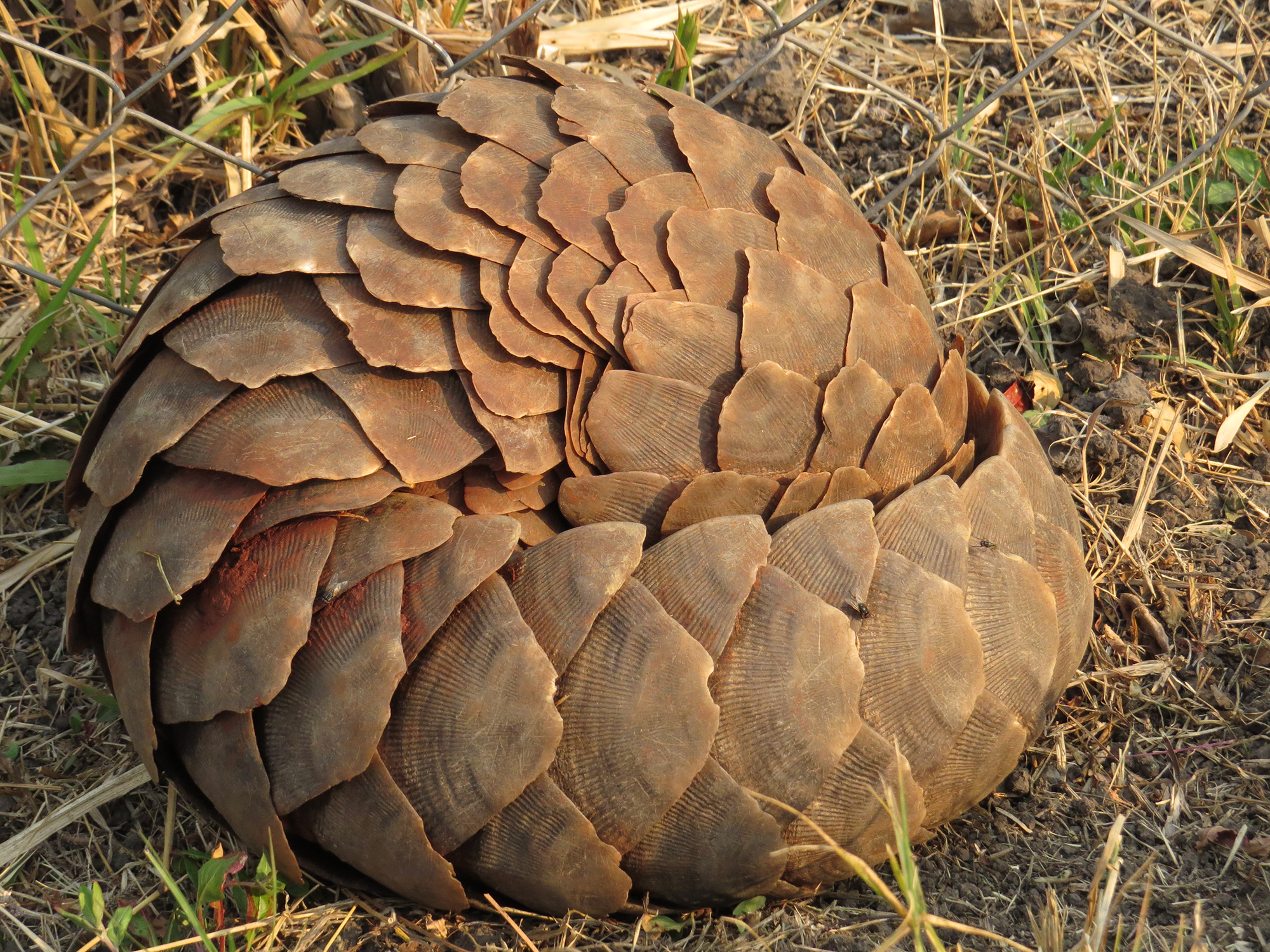


Pangolins (also known as scaly anteaters) are mammals of the order Pholidota. This study provides insights into mammalian adaptation and functional diversification, new research tools and questions, and perhaps a new natural IFNE-deficient animal model for studying mammalian immunity. Olfactory receptor gene families are significantly expanded in pangolins, reflecting their well-developed olfaction system. Further evidence of specialized adaptations was evident from positively selected genes involving immunity-related pathways, inflammation, energy storage and metabolism, muscular and nervous systems, and scale/hair development. We propose that scale development was an innovation that provided protection against injuries or stress and reduced pangolin vulnerability to infection.
Pangolin armadillo skin#
Strikingly, we found that interferon epsilon ( IFNE), exclusively expressed in epithelial cells and important in skin and mucosal immunity, is pseudogenized in all African and Asian pangolin species that we examined, perhaps impacting resistance to infection. To investigate pangolin biology and evolution, we developed genome assemblies of the Malayan ( Manis javanica) and Chinese ( M. Pangolins, unique mammals with scales over most of their body, no teeth, poor vision, and an acute olfactory system, comprise the only placental order (Pholidota) without a whole-genome map.


 0 kommentar(er)
0 kommentar(er)
